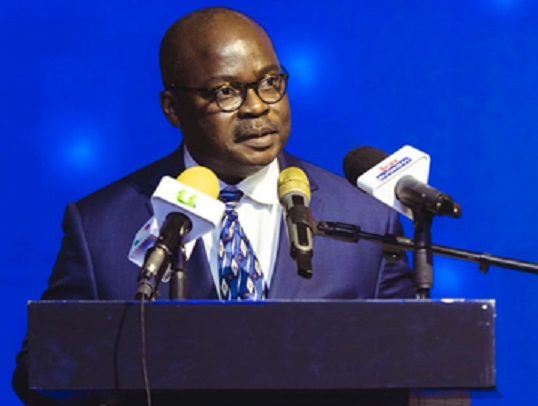The Central Bank says trends in its high frequency real sector indicators point to a sustained pickup in economic activity.
The updated real Composite Index of Economic Activity (CIEA), it said, recorded an annual growth of 1.6% in July 2024, compared to a contraction of 2.8% for the corresponding period of 2023.
Construction activities, consumption demand by households and firms, exports, imports, and tourist arrivals contributed to the improvement in economic activity during the period, it stated, adding the latest surveys conducted in August 2024 showed a rebound in both consumer and business confidence.
“Consumer confidence improved on account of easing inflationary pressures which has led to optimism about future economic conditions. Similarly, business confidence firmed up as firms met their short-term targets and expressed positive sentiments about company and industry prospects amidst improving macroeconomic conditions.
The survey findings were broadly in line with observed trends in Ghana’s Purchasing Managers’ Index (PMI), which improved to 51.1 in August 2024 from 50.1 in the previous month,” Dr Ernest Addison, Governor of the bank mentioned to the media.
Domestic price developments since the last MPC indicated a disinflation process that remained on track.
This was largely supported by the still tight monetary policy stance and easing food inflation.
On headline inflation, he said it has declined consistently since the last MPC to 20.4% in August from 22.8% in June, and 20.9% in July 2024, driven mainly by food inflation. Food inflation declined to 19.1% in August from 24.0% in June, and 21.5% in July, while non-food inflation dropped marginally to 21.5% from 21.6% in June 2024.
The bank’s main core measure of inflation, which isolates prices of energy and utility items from the consumer basket, eased to 19.4% in August 2024 from 22.1% in June.
Provisional data on budget execution from January to July 2024 indicated an overall fiscal deficit (commitment basis) of 2.4% of GDP, against the budget target of 2.8% of GDP.
The deficit of GH¢24.8 billion was financed from domestic (GH¢ 24.2 billion) and foreign (GH¢17.4 billion) sources. The primary balance for the period was a deficit of GH¢3.8 billion (0.4 percent of GDP), against a primary deficit target of GH¢3.5 billion (0.3 percent of GDP).
By Samuel Boadi


